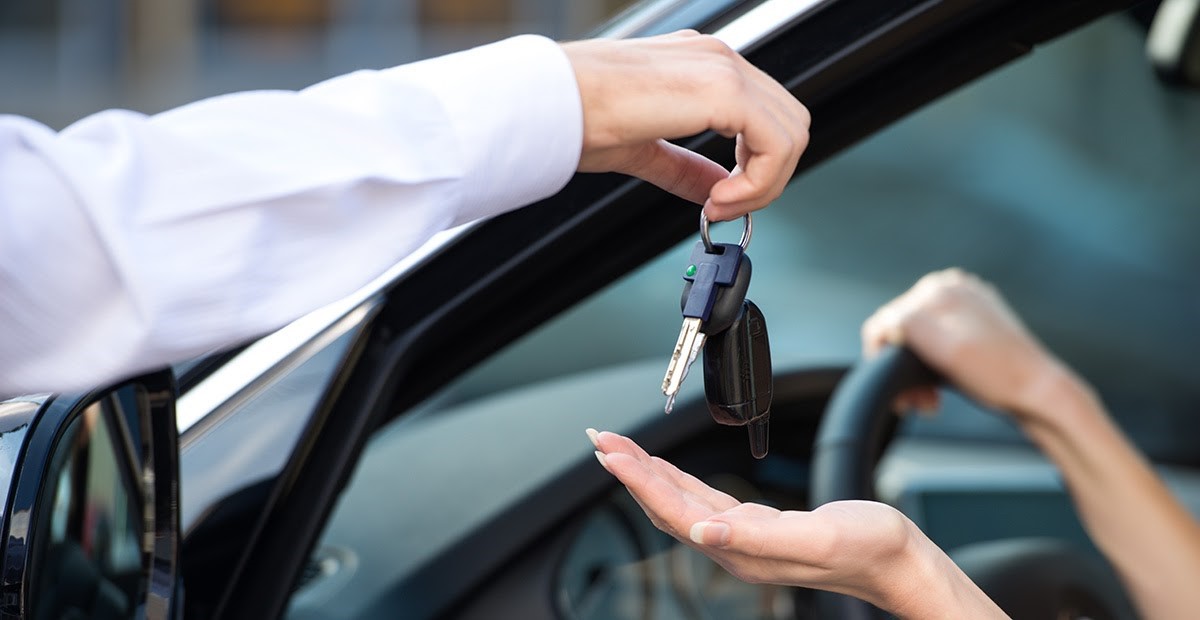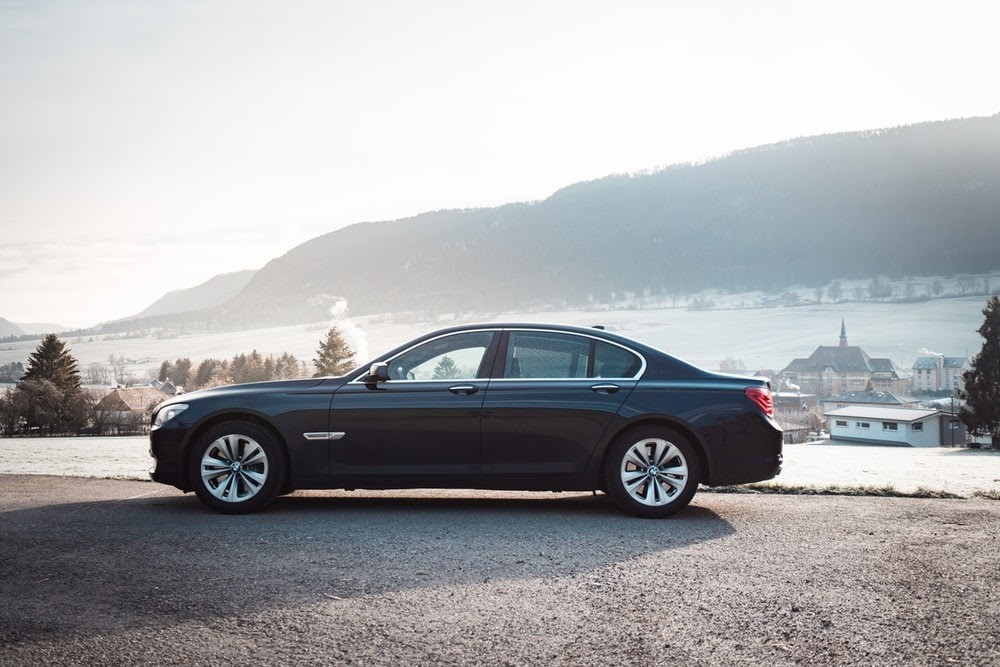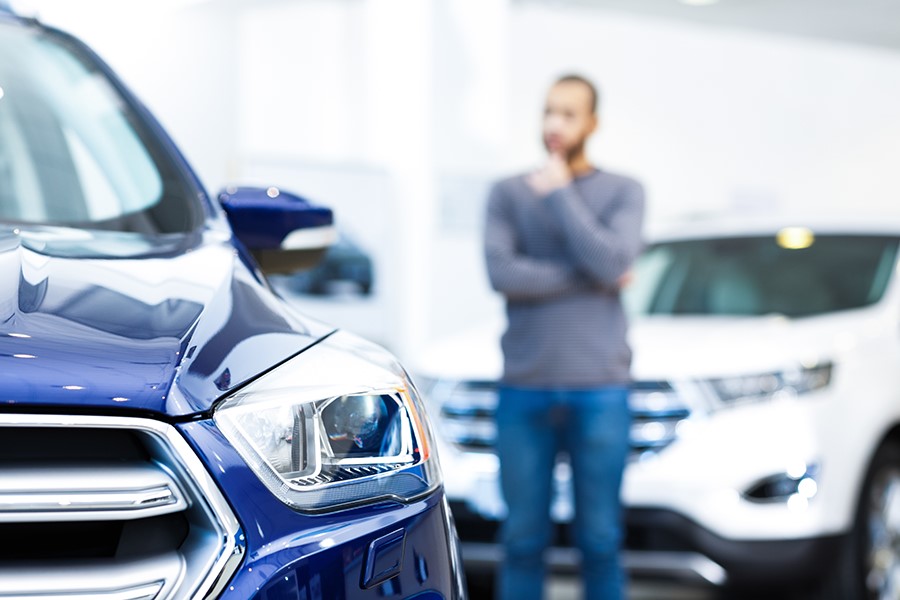
For some people, a decision between car leasing (PCH) or buying is mostly a matter of money. For others, it’s forming an emotional connection to the car. Then, you have people who want to upgrade their car every few years. Whatever is driving your decision, you need to ensure it makes sense for you financially and aligns with your goals.
Chances are you have many questions about the whole topic. This guide will clear out the confusion and layout which option is more suitable for whom. For example, if you lose your job, face huge unexpected expenses, or have another life-changing situation, you can break free from your agreement and avoid penalties. While it’s not ideal for
What Is Leasing?
Leasing( or PCH) means renting a vehicle for a certain amount of time. It is an alternative to buying or financing a car, but the main difference is that ownership isn’t transferred at the end of the term. When the lease ends, the car goes back to the provider.
Some people compare leasing to personal contract purchase (PCP). Both options give you a temporary “ownership” of any car, and at the end of both, you usually return the car at the end of the rental period. But that is the extent of their similarities. There are far more differences between them, which you can learn in our article PCP vs Leasing.
Is Leasing Cheaper Than Buying?
Yes, but at the end of term, you don’t have a car in your possession. Whatever you save on the monthly cost comes at the expense of having no equity at the end. However, it does mean that you’ll have more funds for a new leasing agreement (or a down payment if you change your mind).
Comparing prices before buying a car is extremely easy - you just look at the price tag and factor in and taxes. With leasing, it’s harder to understand what makes more sense financially.
Let’s take a new £30,000 Mercedes GLA. The first deposit at the start of the lease is £2,000 (although it’s common for the lesser to invoke the contract without the first payment). You lease a car for 48 months at a 3% interest rate. If you were to buy the car, the monthly payment would be around £700, but under a lease, it would be half as much.
There is no denying that it’s cheaper. But at the end of the term, you’ll have paid £11,000 on a car with nothing to show for it.
Here is an example of a cheaper car. You get a £10,000 Toyota Aygo Hatchback on a lease. The deposit will be around £1,000, and the monthly payment will be around £100. After your final payment, the total will be over £7,000. As you can see, that’s practically the same value as the car itself. So, buying would be more profitable since you can sell it at any time and get some of the money back.
Find car finance deals with the best rates!
My monthly budget is
Can I Exit a Lease Deal Early?
Yes. If you no longer need the car (if you move abroad or decide to take public transportation), it’s a smart idea to terminate the agreement and save money on the remaining costs. On the other hand, if you just don’t like the car, perhaps it’d be better to deal with inconveniences and keep the current lease until it expires.
Anyway, if you've weighed all the pros and cons and decided to exit, you have three options:
- Early termination: You’ll have to return the car and pay the balance due, including possible termination penalties.
- Transfer: This is when your contact is transferred to another lessee if their credit score and financial situation are good enough for a car lease.
- Buyout: Some dealers allow you to purchase the vehicle outright, which essentially releases you from the lease.
What’s the Difference Between Leasing and Buying a Car?
Below are several points of comparison for leasing and buying.
| Leasing | Buying | |
|---|---|---|
| Ownership | The lessor maintains the ownership. You have the right to drive it for the entire contract term; the lessor can’t take it away for no reason. | You are the owner (if you’re using financing options, there may be additional clauses). |
| Up-front costs | The first big payment will include the first month’s payment, a security deposit, and a capitalised cost reduction. | The full price must be paid when you buy the car unless you obtain financing. With financing, there will usually be a down payment. |
| Long-term costs | The long-term cost of leasing is usually more than the cost of finance, assuming the car is not kept. | The long-term cost of buying is lower because the initial payment is usually the biggest. |
| Monthly payments | Relatively low because it only covers the vehicle’s depreciation. | Higher than a lease (unless it was a cash upfront payment). |
| Taxes | Road tax (VED), and businesses can deduct monthly lease payments as an expense. | VED, new car VAT, sales tax, fuel tax |
| Credit requirement | On average, you need a credit score of 881 or higher (Experian). | No credit checks when paying the full amount. But with car loans, the lender will assess your creditworthiness and decide on a case-by-case basis. |
| Mileage, wear and tear | You will have to pay a for excessive annual mileage or wear and tear above normal. | No upper mileage limit, but keep the car in good condition if you plan to trade it in. |
| Customization | The car must stay in relatively the same condition, with no changes or customised parts. Modifications are usually restricted by the contract. | You can do anything you want to the vehicle, but changes may affect the validity of the warranty. |
| End of term/vehicle return | No further payments, but you have to return the car. | The buyer keeps the car. |
What About Buying With Cash?
As a cash buyer, you have a lot of power at the dealership. You don’t need to rely on their decision for your finance or lease terms. You become the owner from day 1 and have full control over it.
Cash also allows you to save on interest. Since you’re not borrowing any money or the car itself, the dealership won’t charge you for any extras.
The downside is that if you decide to sell the car in the future, the car will have lost a significant amount of value. To mitigate the risk, buy a car with a better resale value and minimise mileage.
Pros and Cons of Buying a Car
Buying a vehicle is one of the largest purchases you’ll make, certainly exciting and possibly frightening. Before signing on the dotted line, make sure you know all the positives and negatives that you’ll face.
Benefits of Buying a Car
- Full ownership: You get to decide what to do with the car - whether you want to modify it, sell it, or make a trade-in, you don’t need anyone’s permission.
- No mileage or wear restrictions: If you’re a frequent or clumsy driver, there are no extra charges.
- Freedom to modify: If you have the budget, you can change anything you want in the car.
- Saves money in the long-term: Having a car that builds equity pays off.
- Can be used as collateral: If you’ll take a loan in the future, having a car in your possession is beneficial. But make sure not to default on your loan unless the lender will seize the vehicle as compensation.
Disadvantages of Buying a Car
- Large upfront cost: This is a big financial commitment regardless of whether you buy cash or finance it.
- Depreciation: Cars depreciate between 15-35% in the first year and up to 50% or more over three years, and there is no lessor to take care of it.
- Lose money whether you trade-in or sell: As a follow-up to the previous point, don’t expect to profit from selling a used car.
- More problematic with time: Maintenance costs will grow as the car becomes older.
Pros and Cons of Leasing a Car
In some ways, leasing can be more appealing than buying. But as attractive as a lease may appear, there are a number of disadvantages. Let’s take a look at both sides.
Benefits of Leasing a Car
- Low upfront cost: You can start a monthly payment without putting a large amount of money down as an initial payment.
- Affordable monthly payment: You always know how much you’re going to spend on a car, and these payments are generally lower compared to finance.
- No hassle of ownership: The lessor will have to deal with the bulk of documents; you only have to worry about your contract.
- Opportunity to get new vehicles every few years: You’re not tied to one single model; you can even access higher-spec cars that you wouldn’t be able to afford.
- No risk of rapid depreciation: It’s the lessor’s responsibility to consider possible depreciation.
Disadvantages of Leasing a Car
- No ownership: You can’t sell or trade it; you have to treat it like a rented possession, which a leased car essentially is.
- Requires good credit to get affordable rates on a lease
- Mileage and wear restrictions: You have to stay under a specified limit, so you have to plan your rides accordingly with this allowance.
- Potential additional charges: You might get hit, charges, and penalties - for scratches, contract termination, etc.
Is It Better to Lease or Buy a Car for Business?

If your business is listed with the government as active in production and sales, you can get a 50% reduction in input tax from lease rental payments. This is when you also use the car for private reasons - 50% of the mileage, to be precise. You can also claim lease payments as a business expense.
If a business buys (or finances) a car, there are fewer options to reclaim expenses. If you want to claim the VAT back, the car can’t be used privately. Interest is usually tax-deductible, but documentation is less straightforward than leasing. Even with these drawbacks, some businesses need to make modifications to the vehicles or can’t switch cars every few years, which is when buying makes more sense.
The system encourages the use of eco-friendly cars. So, any repayments you want to claim as an expense will depend on the amount of carbon dioxide emissions from the car. The lower the emissions, the higher the savings.
Is It Better to Lease or Buy a New Car?
New cars are the most common types of cars to get leased. The payments are significantly lower compared to buying, and the setup is simple. In fact, the aspiration to always drive the newest car model in the series but with affordable terms is what drives many leasing deals.
Buying a car that’s classed as brand new is expensive. If you can afford to buy it with cash or make the first down payment, then you should go for it. But keep in mind that the car won’t keep its value after a year from its release. Consider a PCP finance deal, where you have the option to buy the car at the end of the term but also have the option to take it back.
Is It Better to Lease or Buy a Used Car?
Used-car leases are not a popular option. Not all dealers offer them, and you're unlikely to see them advertised online or elsewhere. Even car dealerships may not know that they can offer you a lease on a used car. If you are looking to lease used luxury cars, you can enjoy larger savings.
But if you need a used car for practical reasons – the opposite of exotic, ultra-luxury or classic, buying or financing can be more suitable. Plus, it’ll mean that there will be no strings attached.
How Do I Decide Between Leasing or Buying?

Figure out the following:
- Overall budget: If you have some money saved up, it might be the right option for you. If you can’t make a large deposit, consider getting a lease.
- Ownership preference: this one is clear. If you don’t like the idea of being locked into one specific car, a lease gives you this flexibility. As a car buyer, you have less flexibility but more freedom to do whatever you want with your personal property.
- Maintenance and repairs: When factoring in expected maintenance and repairs, car ownership is more expensive. Leasing covers maintenance work throughout your agreement; plus, newer cars need less work in general.
- Credit score: A decision on a lease application depends on credit scores. With buying, you don’t really need to have solid credit.
Things to Keep in Mind to Make a Decision
The more you know and understand your current and expected financial situation, the easier it is to avoid costly surprises. You also need to set your goals and priorities - a clear vision of what you want to achieve and a time horizon for achieving it.
Here are the questions that will help you get there:
- Do you want to own a car? If so, when?
- Do you prefer having a new car every few years?
- Does it matter to you if the car is an older or newer model?
- Is your chosen car going to depreciate significantly in a few years?
- How much money do you have outright, and what is your monthly budget?
- How many miles do you drive on average in a year?
- What is your credit rating? Do you have other debts?
Summary
At the end of the day, no one can tell you whether leasing or buying is better without considering your financial abilities, needs, and future plans. That is what we wanted to encourage - ask yourself hard-hitting questions and be honest about what you can afford. If you’re into new cars and don’t mind giving them back, a lease can work for you. If you need a car for the long term and you’ll be on the road a lot, consider buying.
If the commitment of financing worries you, Carplus consultants will tell you about different deals and help you get the best quote.
Table of Contents








